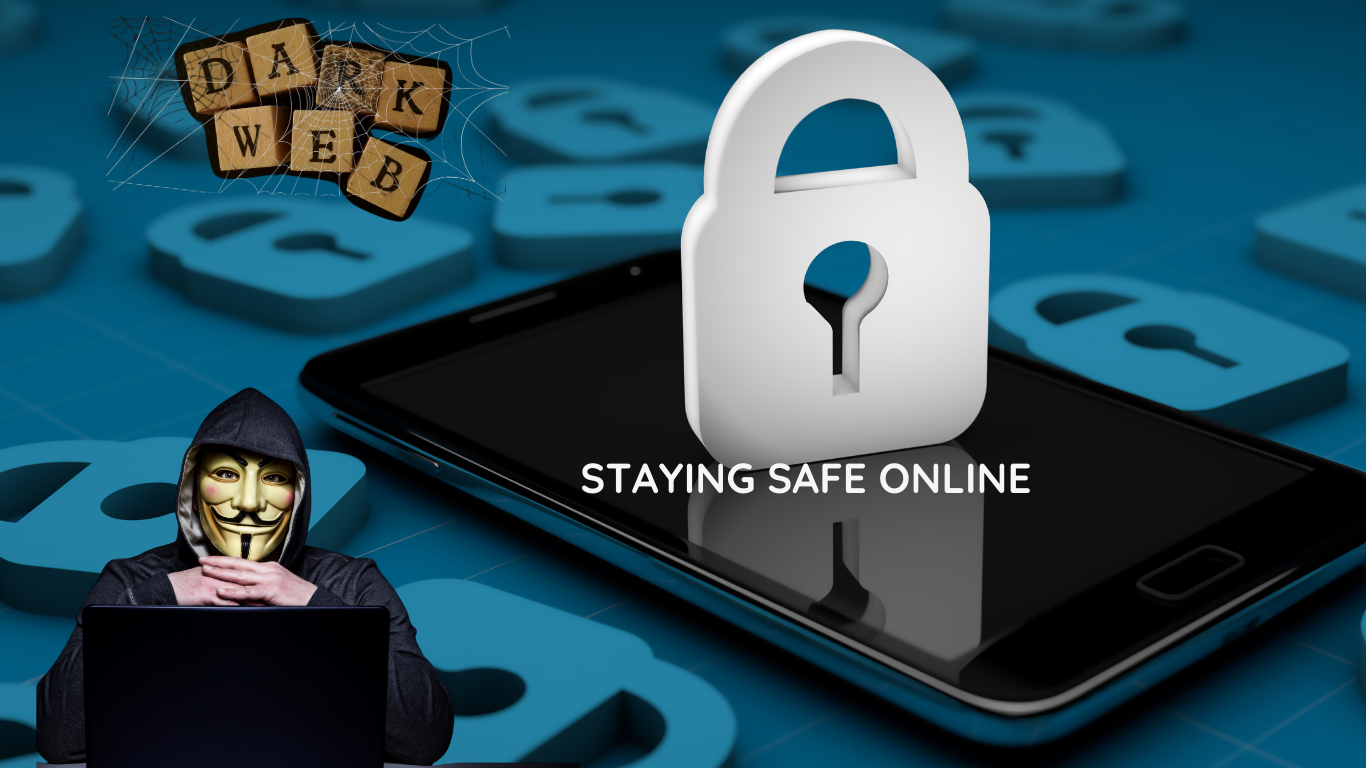In today’s high-tech landscape, passwords act as a shield in our online lives. From social media, online shopping to net-banking, we have set passwords and use it for everything. But can old passwords you have used long ago really protect you for a lifetime? What if they actually put you in serious danger?
Yes, for cybercriminals, your old password that you don’t use now might be a fruitful source on the dark web. This blog explores why old credentials matter, how they get displayed on the dark web, and most importantly— how you can safeguard yourself.
What is the Dark Web?
The dark web, a part of the internet that is hidden and isn’t listed by search engines like Google. You should have special softwares to understand and use it. While the dark web is sometimes used for legal purposes (like anonymous conversation and journalism), it’s also a home for illegal activities or more specifically for cybercriminals.
Criminals often sell stolen data here, including names, email addresses, passwords, credit card details, and more. One of the most common things found on the dark web is old passwords.
Why Do Old Passwords Still Matter?
Many people assume, “I changed my password long ago– why should I be stressed?”
Here’s why this way thinking might be risky:
1. Password Reuse
Many people reuse the same password across many accounts. In fact, a 2024 report by LastPass states that 65% of people reuse passwords for different services. If any of those passwords gets leaked— even if it’s from an old website— it can still be used to break into your other accounts.
2. Credential Stuffing Attacks
What helps scammers is the huge lists of stolen credentials to use them and automatically login to websites. You may not be aware and your account might get hijacked if your old password is still active somewhere, or even if it's similar.
3. Social Engineering
Even if the old password doesn’t work anymore, it can give clues. For example, if your old password was fellice@1990, hackers might guess that your name is felice and you were born in 1990. They can use this information to guess your current password or answer your security questions.
How Do Hackers Get Old Passwords?
Hackers usually get passwords through:
- Data breaches: When a company’s database gets hacked, your data (including your password) may be leaked.
- Phishing scams: Fake emails or websites trick users into entering their passwords.
- Malware: Software that secretly records your keystrokes or screen activity.
Once hackers collect this data, they upload it to the dark web—often in bulk. In 2024 alone, over 8 billion credentials were found on the dark web, according to a renowned security firm.
Real Examples of Password Leaks
- In 2023, a famous social media platform experienced a breach affecting over 200 million user emails and passwords, many of which were old or inactive.
- In 2024, a leak from a small online forum led to hackers accessing thousands of Google and Facebook accounts, just because users had reused old passwords.
This shows that even small platforms can be a gateway to major accounts.
How to Check If Your Old Password Was Leaked
You can use trusted tools like:
- HaveIBeenPwned.com – Enter your email address to see if your credentials have been found in any known data breaches.
- Firefox Monitor or Google Password Checkup – These are built-in tools that tell you if any of your saved passwords have been compromised.
How to Stay Safe from Password Leaks ?
-
Stop Reusing Passwords
Each account should have a unique password. If one gets leaked, the others stay safe.
-
Use a Password Manager
There are several apps that can generate strong passwords and store them securely.
-
Enable Two-Factor Authentication (2FA)
Even if someone gets your password, they won’t be able to access your account without the second step (like a code on your phone).
- Change Passwords Regularly
Update your passwords every few months—especially for important accounts like email, banking, and work-related platforms.
-
Be Wary of Phishing
Avoid clicking on links in suspicious emails. Always double-check the sender's email address and website URLs.
Therefore,
Old passwords may seem useless, but on the dark web, they’re often a goldmine for cybercriminals. They offer a starting point to hack into your life—whether it’s through reused logins, social engineering, or password guessing.
In 2025, digital security starts with good password habits. Stay aware. Stay protected. And never underestimate the value of an old password.
Vivek K Singh
Founder & MD, SNVA Group

